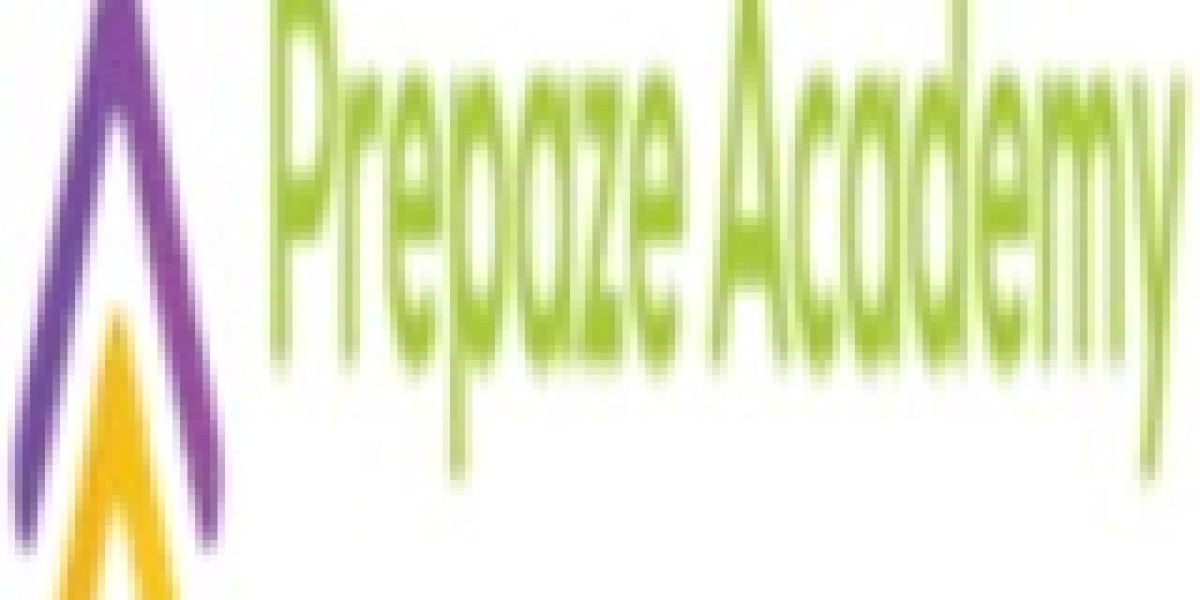Introduction
Mathematics is a fundamental subject that lays the groundwork for logical reasoning and problem-solving. However, many students struggle with math due to gaps in their understanding, lack of practice, or simply a fear of the subject. A math assessment is a vital tool in tutoring, as it helps identify a student’s strengths and weaknesses, allowing for a customized learning approach. By understanding where a student stands, tutors can create a targeted plan to improve their skills and boost confidence. This article explores the importance of math assessments in tutoring, the different types of assessments available, and how tutors can use the results to enhance student learning.
Importance of Math Assessment in Tutoring
Assessments play a crucial role in the tutoring process, ensuring that instruction is tailored to each student's needs. Without a proper evaluation math assessment for tutoring may waste time reviewing concepts the student already understands or, worse, teaching advanced topics without addressing foundational gaps. Math assessments help in:
Identifying Learning Gaps: Some students struggle with fundamental arithmetic, while others may need help with algebra or geometry. A proper assessment pinpoints specific areas requiring attention.
Creating a Customized Learning Plan: By understanding a student’s strengths and weaknesses, tutors can develop a structured plan that focuses on improvement while reinforcing strong areas.
Tracking Progress: Regular assessments allow tutors to monitor student progress over time, making necessary adjustments to teaching methods and lesson plans.
Building Confidence: When students see tangible improvement through assessments, they gain confidence and become more motivated to learn.
Types of Math Assessments
Tutors can use various types of assessments to gauge a student’s proficiency level. Some common ones include:
1. Diagnostic Assessments
Before beginning tutoring sessions, a diagnostic assessment is essential to evaluate the student’s current understanding. This type of test includes problems from different math topics, helping tutors identify which concepts require additional focus.
2. Formative Assessments
These are informal assessments conducted throughout the tutoring process to track ongoing progress. They can include quizzes, problem-solving tasks, and interactive exercises. Formative assessments allow tutors to make immediate adjustments to their teaching strategies.
3. Summative Assessments
Summative assessments are given at the end of a tutoring program or a specific learning period to measure overall improvement. They usually take the form of comprehensive tests covering all the topics taught.
4. Standardized Tests
Some students may need tutoring to prepare for standardized math exams like SAT, ACT, or state-level assessments. Tutors can use past test papers or simulated exams to gauge readiness and provide focused training.
5. Performance-Based Assessments
These involve real-world problem-solving tasks that require students to apply mathematical concepts practically. This type of assessment is particularly useful for developing critical thinking skills.
How Tutors Can Use Assessment Results
Once an assessment is completed, the next step is analyzing the results and creating an action plan. Here’s how tutors can use the insights gained:
Developing a Personalized Curriculum: Tutors can design lessons that address the student’s weak areas while building on their strengths.
Setting Realistic Goals: Based on the assessment results, tutors can set short-term and long-term learning objectives to track student progress effectively.
Choosing the Right Teaching Methods: Some students may learn better through visual aids, while others benefit from hands-on problem-solving. Understanding assessment results helps tutors adapt their teaching style accordingly.
Providing Targeted Practice: Tutors can assign specific worksheets, exercises, or interactive activities that reinforce the concepts needing improvement.
Encouraging Self-Assessment: By involving students in reviewing their progress, tutors help them take ownership of their learning journey, promoting independence and self-confidence.
Best Practices for Conducting Math Assessments
To ensure accurate results of math assessment for tutoring should follow best practices when conducting assessments:
Create a Comfortable Environment: Students should not feel pressured or anxious during assessments.
Use a Mix of Question Types: Combining multiple-choice questions, word problems, and practical applications can provide a well-rounded evaluation.
Keep Assessments Age-Appropriate: Ensure that the difficulty level matches the student’s grade and proficiency level.
Encourage Open Communication: Allow students to discuss their thought processes and reasoning behind answers to gain deeper insight into their understanding.
Review and Reflect: After an assessment, go over the results with the student, explaining errors and discussing ways to improve.
Conclusion
Math assessments are a cornerstone of effective tutoring, enabling personalized instruction and targeted improvement. By identifying learning gaps, setting clear goals, and adapting teaching strategies, tutors can significantly enhance student performance and confidence. Whether preparing for exams, strengthening foundational skills, or tackling advanced topics, a well-structured math assessment can pave the way for success. Investing time in proper assessment techniques ensures that every tutoring session is productive and impactful, ultimately helping students develop a deeper appreciation for mathematics.









